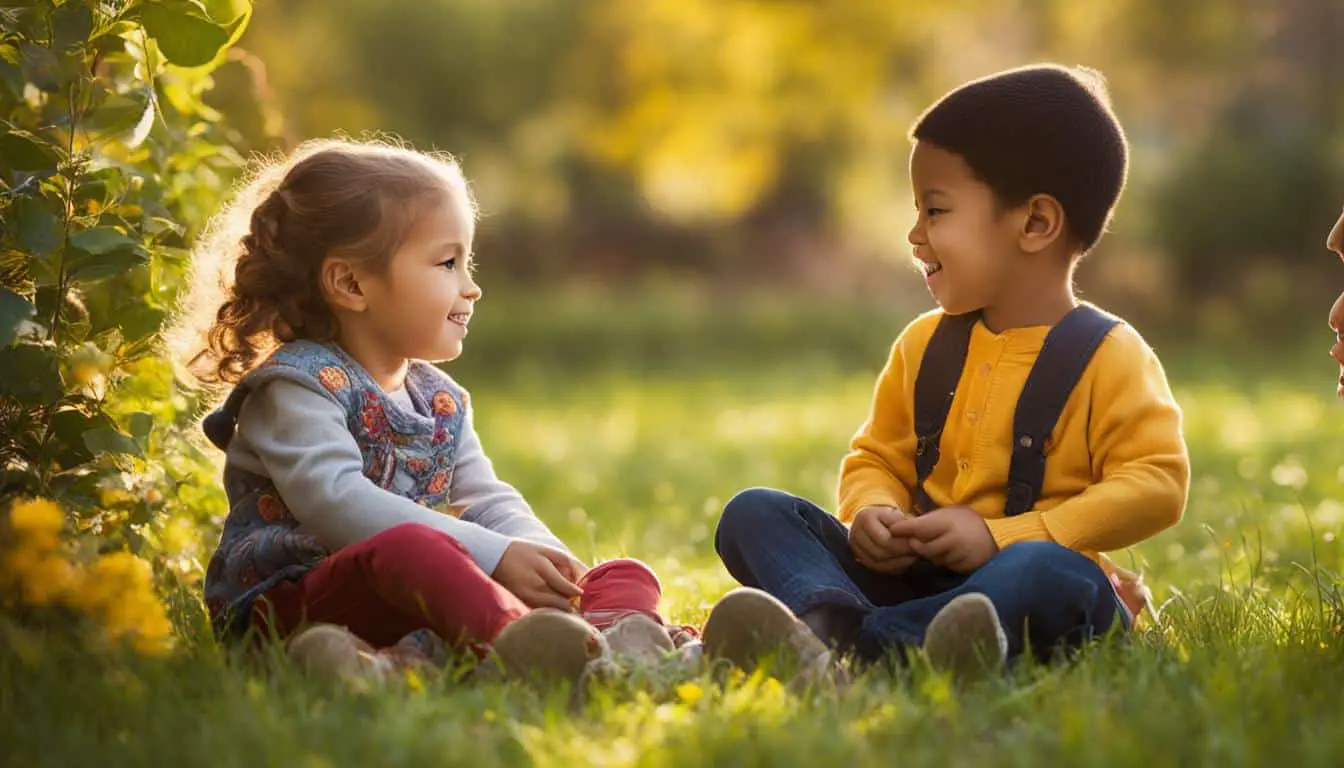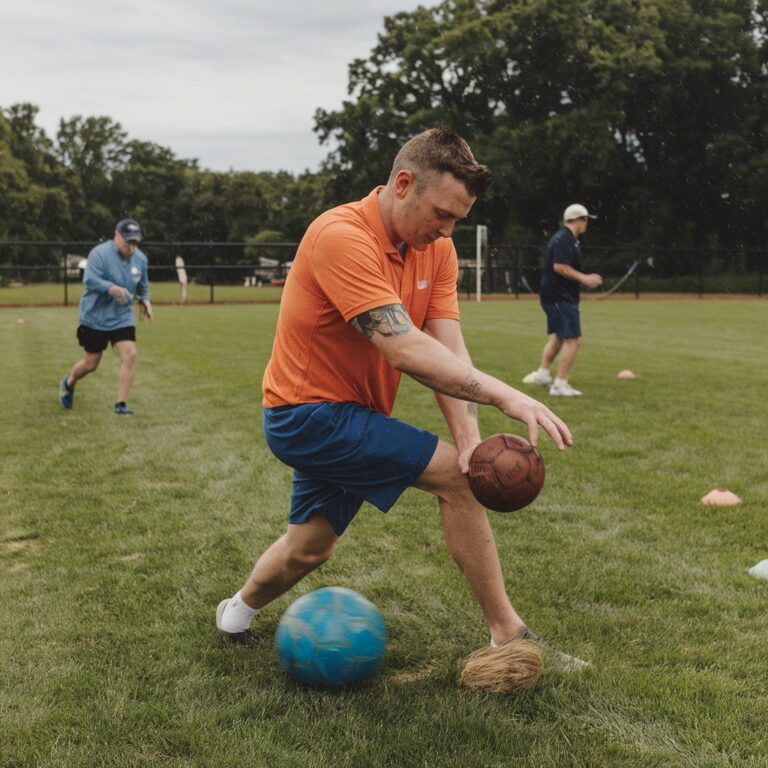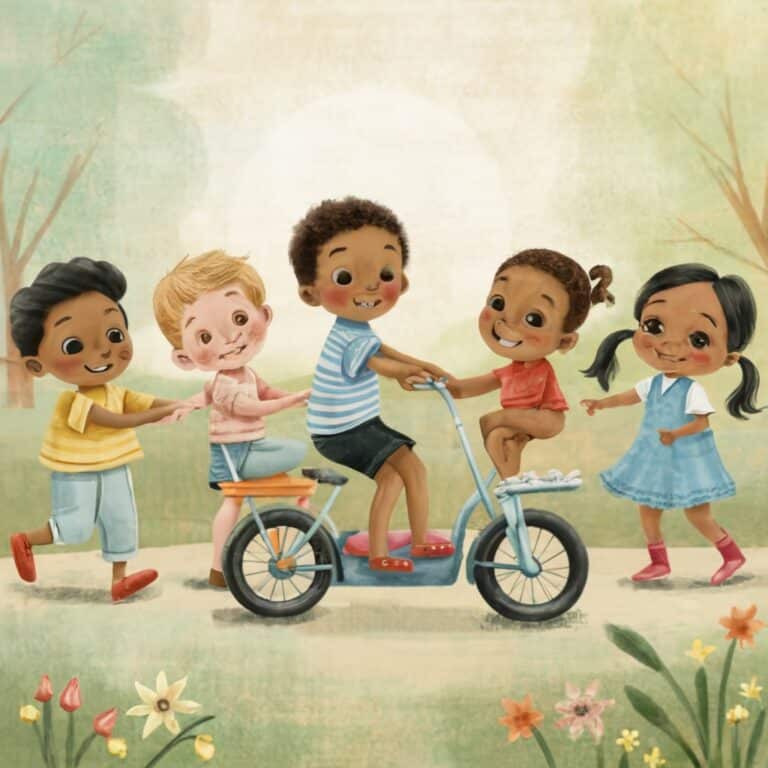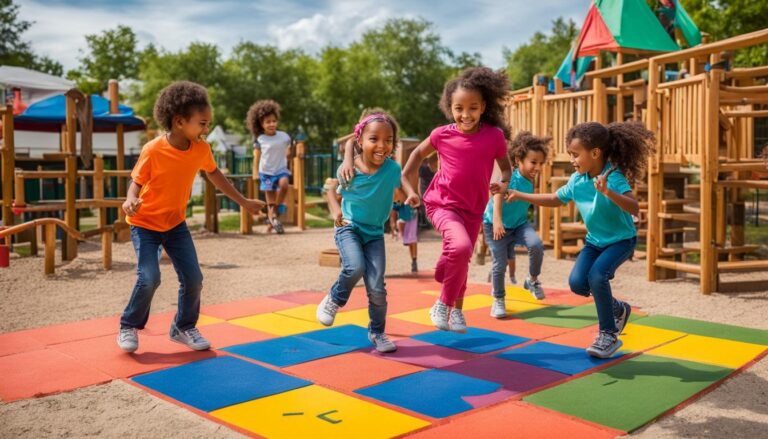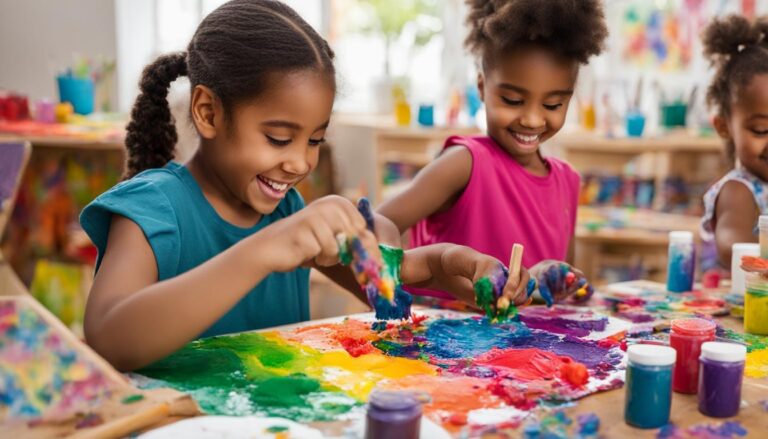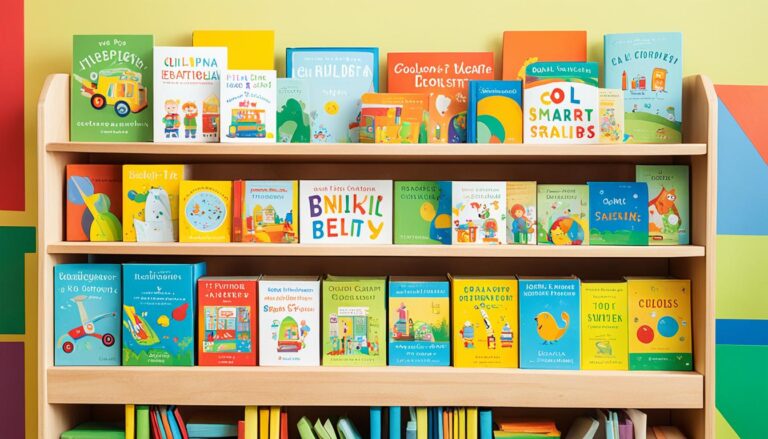The Impact of Siblings on Child Development
As a professional in child development, I have observed that siblings play a crucial role in shaping a child’s growth and understanding. The way children relate to their siblings influences their personality, behavior, and social skills.
Many parents focus on the relationship between a child and their parents when it comes to child development, but sibling relationships deserve equal attention. In this article, we will explore the impact of siblings on child development, including emotional development, social competence, language and cognitive skills, and socialization. Understanding the influence of siblings can help parents and caregivers cultivate healthy and supportive sibling relationships that promote holistic child development.
Key Takeaways:
- The way children relate to their siblings strongly influences their personality, behavior, and social skills.
- Sibling relationships contribute to emotional development, social competence, language, and cognitive skills, as well as socialization.
- Cultivating healthy and supportive sibling relationships can promote holistic child development.
- Siblings provide opportunities for learning, social interaction, and the development of social skills necessary for thriving in society.
- Understanding the impact of siblings can help parents and caregivers support healthy sibling relationships that contribute to their children’s well-being.
Sibling Relationships and Emotional Development
The bond between siblings can have a significant impact on a child’s emotional development. Positive relationships can foster feelings of empathy, compassion, and resilience, whereas negative relationships can have detrimental effects on emotional growth.
According to a study by the University of Cambridge, children with supportive sibling relationships are more likely to report higher levels of happiness and lower levels of loneliness in adulthood. Additionally, siblings can provide emotional support and guidance that parents may not always be able to provide.
It is important to encourage healthy communication and conflict resolution skills between siblings to promote positive relationships and emotional growth. Siblings can also learn from each other’s emotional responses to situations and develop a more nuanced understanding of emotions.
Sibling relationships can also impact how a child forms relationships outside of their family. The way a child interacts with their siblings can influence their ability to establish and maintain friendships and other social relationships in their lives.
“Having sibling affection is an important aspect of adolescence that is associated with lower levels of depression and anxiety, and fewer delinquent behaviours,” – Laura Padilla Walker, Brigham Young University
Sibling Rivalry and Social Competence
Sibling rivalry is a common phenomenon in many households, where siblings often compete for attention, resources, and parental approval.
While sibling rivalry can cause tension and conflict, it can also foster social learning and contribute to a child’s social competence. Through sibling interactions, children learn to negotiate, compromise, and resolve conflicts, all essential skills for navigating relationships outside the family.
Research suggests that siblings who engage in positive and constructive conflict resolution are better equipped with social skills, such as empathy, patience and perspective-taking. These skills translate into having more secure and fulfilling relationships with peers and other adults.
However, when sibling rivalry becomes aggressive, harmful, or violent, it can negatively impact a child’s social competence, and cause long-term emotional damage.
Sibling Rivalry in Numbers
| Percentage of siblings that experience rivalry | 60% |
|---|---|
| Percentage of sibling conflict that escalates to physical aggression | 15% |
| Percentage of siblings who report positive relationship qualities, regardless of conflict | 80% |
It is important for parents and caregivers to promote positive sibling relationships and encourage healthy conflict resolution skills. Some ways to do this include setting clear expectations for behavior, encouraging communication and active listening, and modeling positive behaviors in your own relationships with others.
Siblings as Role Models
Observing and interacting with siblings can significantly shape a child’s behavior, values, and aspirations. As the eldest of three siblings, I know firsthand the impact that siblings can have on each other’s lives.
When younger siblings look up to their older brothers and sisters, they often emulate their behavior. This can influence personality traits, such as confidence, ambition, and determination. For example, if an older sibling is studious and successful, a younger sibling may adopt similar study habits and aim for academic excellence.
Siblings can also serve as role models for social behavior. The way siblings interact with each other can shape a child’s understanding of communication, conflict resolution, and empathy. For instance, if siblings treat each other with respect and kindness, a younger child will likely learn to do the same with their peers.
Table: Examples of sibling role models
| Sibling | Behavior | Impact on younger sibling |
|---|---|---|
| Ava, 16 | Volunteers at a local homeless shelter | Younger sister Mia begins volunteering at the shelter |
| Max, 10 | Practices guitar for an hour every day | Younger brother Alex also takes up guitar and practices regularly |
Siblings can also influence their younger siblings’ aspirations and career goals through their accomplishments and successes. An older sibling’s achievements can motivate and inspire a younger child to pursue their passions and dream big. Additionally, siblings can provide guidance and support as their younger siblings navigate different stages of life.
The powerful influence of siblings as role models highlights the importance of positive sibling relationships. Siblings who support and encourage each other can have a lasting impact on each other’s personal growth and development.
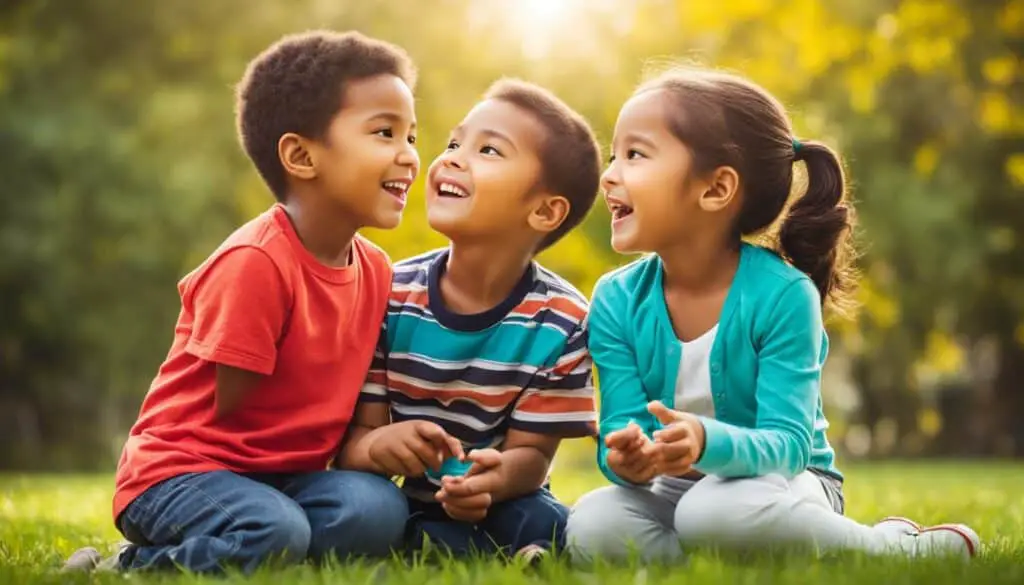
Siblings and Language Development
Language development is a critical aspect of a child’s growth and development. Siblings have a significant impact on a child’s language development. Interactions between siblings, such as conversations, storytelling, and play, provide opportunities for children to acquire and practice language skills.
Research shows that older siblings can stimulate language development in younger siblings through natural interactions. For example, older siblings often use more complex language and introduce new words and concepts during play and conversation. This exposure to sophisticated language can enhance a younger sibling’s vocabulary and communication skills.
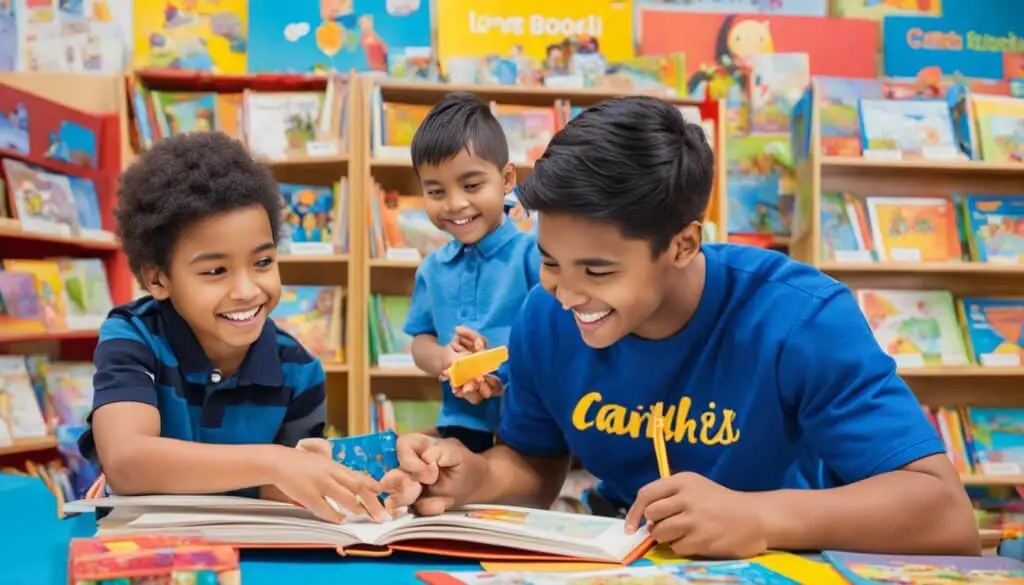
Furthermore, siblings can serve as a motivation for language development. Younger children often strive to communicate effectively with their older siblings, leading to increased efforts to learn and practice language skills. Siblings also offer opportunities for peer tutoring, where older siblings can help their younger siblings with language tasks, such as reading and writing.
However, it’s also worth noting that sibling relationships can have both positive and negative effects on language development. For instance, sibling conflict and rivalry can lead to lower language development, while positive and supportive sibling relationships can enhance language skills.
Siblings and Cognitive Development
The presence of siblings can have a significant impact on a child’s cognitive development. Interactions and shared experiences with siblings can actively stimulate cognitive skills such as problem-solving, critical thinking, and creativity.
Through play, siblings encourage each other to use their imagination and to think outside the box. This promotes creativity and enhances a child’s ability to develop their own unique solutions to problems.
Moreover, when solving problems together, siblings are able to practice their critical thinking skills. They learn to analyze an issue from various angles and to make informed decisions. This ability to think critically helps children perform better academically, and is a valuable life skill.
According to a study by the University of Cambridge, children with siblings showed higher cognitive abilities than children who were only children.
Siblings can also influence each other’s language development by introducing new vocabulary and concepts to each other. Moreover, siblings also engage in imaginative play and storytelling, which fosters language and cognitive development.
Sibling Order and Cognitive Development
While the presence of siblings can positively influence cognitive development, studies suggest that birth order may also play a role in cognitive outcomes. Firstborn children demonstrate higher cognitive abilities, while later-born children tend to perform better socially.
| Firstborn | Middle-born | Last-born | |
|---|---|---|---|
| Cognitive Abilities | High | Middle | Low |
| Social Skills | Low | High | High |
Source: National Center for Biotechnology Information
However, it is important to note that birth order is just one factor in cognitive development and that many other variables, such as parental resources and temperament, can also influence outcomes.
Overall, the cognitive benefits that come with having siblings are clear. Through their interactions with one another, children develop crucial skills that will positively impact their academic and social success in the future.
Siblings and Socialization
As children grow and develop, parents rely heavily on siblings as a key socialization tool. Brothers and/or sisters provide children with valuable opportunities to learn, practice, and develop various social skills in a safe and familiar environment.
Socialization is an important part of child development, and it involves learning how to communicate, interact, and behave with others in different settings. Through interactions with their siblings, children develop the ability to share, empathize, negotiate, and resolve conflicts.
Siblings also provide a unique opportunity for children to develop a sense of identity. They create a shared history and culture and offer support and companionship. Having siblings can help children gain a sense of belonging to a larger group and be more comfortable in social situations later in life.
It’s important to note that sibling relationships can be complex and vary greatly. While some siblings have close relationships based on mutual respect and support, others experience intense sibling rivalry and conflict. As a result, parents must foster positive sibling relationships that support healthy social and emotional development.
“The bond between siblings is strengthened through shared experiences and interactions, ultimately contributing to a child’s socialization process and ability to thrive in society.”
Overall, siblings play a vital role in a child’s socialization process. Through social interaction, cooperation, and the development of social skills, siblings help children prepare for the social demands of the world. As parents, it’s crucial to support positive sibling relationships and encourage socialization to ensure holistic child development.
Conclusion
In conclusion, the impact of siblings on child development is significant and multifaceted. As I have explored in this article, siblings play a crucial role in shaping a child’s emotional, social, cognitive, and language development.
The emotional bond between siblings can impact a child’s emotional development, influencing emotions such as empathy, compassion, and resilience. Additionally, sibling relationships, even those with sibling rivalry, offer opportunities for social learning and can influence social competence and the ability to navigate relationships outside the family.
Observing and interacting with siblings can shape a child’s behavior, values, and aspirations, making siblings important role models for younger children. Moreover, interactions between siblings, such as conversations and storytelling, contribute to language acquisition and communication skills.
The presence of siblings can also stimulate cognitive development in various ways, including problem-solving, critical thinking, and creativity. Siblings also provide opportunities for social interaction, cooperation, and the development of social skills necessary for thriving in society.
Understanding the influence of siblings can help parents and caregivers foster positive sibling relationships and support holistic child development. It is essential to note that each child’s development is unique, and the impact of siblings may vary across different children and families.
Overall, recognizing the positive role that siblings can play in child development can assist in creating a supportive and enriching environment for all children.
FAQ
How do siblings impact a child’s development?
Siblings have a significant influence on a child’s development. They shape their personality, behavior, and social skills.
How does the emotional bond between siblings affect a child’s emotional development?
The emotional bond between siblings plays a crucial role in shaping a child’s emotional development. It can impact emotions such as empathy, compassion, and resilience.
What is the role of sibling rivalry in a child’s social competence?
Sibling rivalry, although common, offers opportunities for social learning. It can influence a child’s social competence and their ability to navigate relationships outside the family.
How do siblings serve as role models for younger children?
Siblings often serve as important role models for younger children. Observing and interacting with siblings can shape a child’s behavior, values, and aspirations.
How do siblings impact a child’s language development?
Siblings significantly impact a child’s language development. Interactions between siblings, such as conversations and storytelling, contribute to language acquisition and communication skills.
How do siblings stimulate cognitive development?
The presence of siblings can stimulate cognitive development. Sibling interactions and shared experiences influence cognitive skills like problem-solving, critical thinking, and creativity.
What role do siblings play in a child’s socialization process?
Siblings play a vital role in a child’s socialization process. They provide opportunities for social interaction, cooperation, and the development of social skills necessary for thriving in society.
